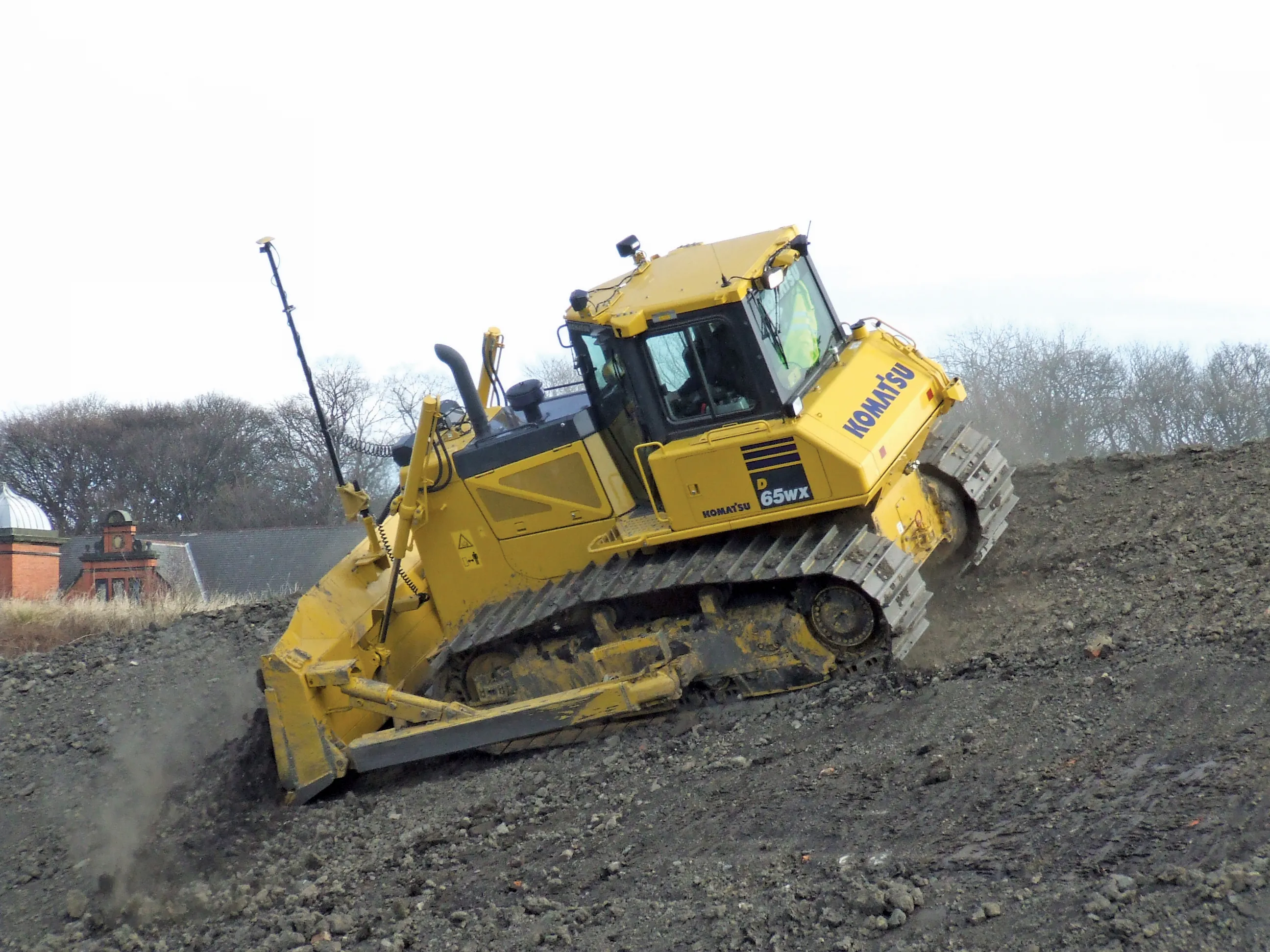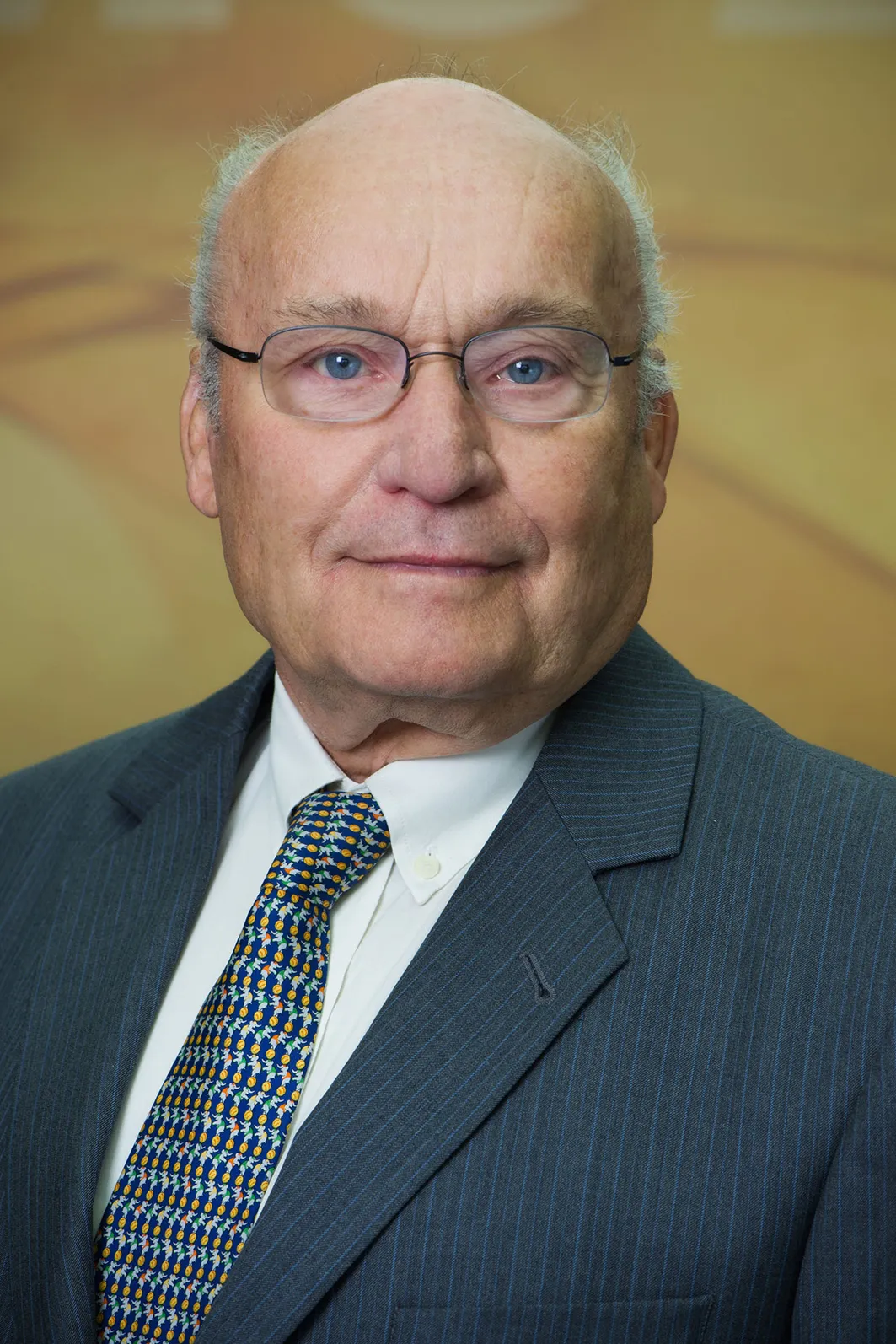Topcon Europe Positioning says that Topcon Positioning Systems (TPS, Livermore, California, USA) has acquired InlandGEO, one of Topcon’s top performing distributors. InlandGEO is headquartered in Madrid, Spain, and has four additional offices in Spain, two in Portugal and one in the Canary Islands. In addition to continuing to distribute Topcon and Sokkia positioning products to the construction and survey markets in Spain and Portugal, InlandGEO will
become the headquarters for distribution and support fo
May 30, 2012
Read time: 2 mins
In addition to continuing to distribute Topcon and
Established in 1987, InlandGEO “has a deep knowledge of the positioning industry, starting with lasers, machine control and precision land levelling systems,” said Ray O’Connor, TPS president and CEO. “This acquisition reinforces InlandGEO as a premiere Topcon and Sokkia distributor in Spain and Portugal, and now provides the opportunity for rapid growth of Topcon’s position in precision agricultural markets all across Europe, the Middle East and Africa.”
O’Connor also announced that Carlos Monreal, InlandGEO president and CEO, will remain president of the company, in addition to his current duties as vice president of global agriculture for Topcon Precision Agriculture (TPA), and he will be responsible for TPA’s European operations. TPA is a business unit of TPS and is led by Albert Zahalka, senior vice president and general manager for the division.









